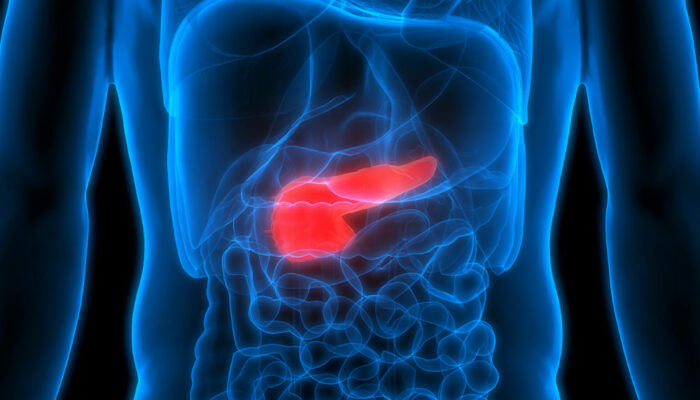
Colon Cancer – Diagnosis and Risk Factors
The core reason for colon cancer is still a mystery. However, there are certain risk factors that are linked to the condition, such as smoking, heavy alcohol consumption, and diet. Also, some people have a family history of colon cancer that makes them more susceptible to developing the condition in their lifetime. In this article, we will talk about colon cancer diagnosis and risk factors to help you mitigate the risk.
Risk factors
1. Hereditary risks
If you have a first-degree relative, such as a parent, sibling, or child, with colon cancer, then you are also at risk of developing the condition. At least 20% of people with colon cancer have a close relative who had the disease.
2. Personal medical history
A family history of polyps or inflammatory bowel diseases, such as ulcerative colitis or Crohn’s disease, can also increase your risk. Additionally, people who have suffered from breast, ovarian, or endometrial cancer are vulnerable to developing colon cancer.
3. Other risk factors
People who do not follow a healthy lifestyle may develop colon cancer at a later stage in life. Obese people with minimal physical activity and poor dietary habits include high consumption of red meat and processed meat or especially vulnerable to the disease.
Additionally, smokers and people who drink 2 to 4 alcoholic beverages per day also have a 23% increased risk of colon cancer.
Diagnosis
1. Screening
Doctors will recommend certain tests for healthy people who have no signs or symptoms in order to look for noncancerous colon polyps or colon cancer. When diagnosed at an early stage, colon cancer has a great chance of being cured. Screening can reduce the risk of fatality from colon cancer. According to health experts, people who have an average risk of colon cancer should get themselves screened at the age of 50.
2. Colonoscopy
If your symptoms suggest that you could have colon cancer, your doctor may recommend more tests, that can include colonoscopy. This test is used to evaluate the inside of your colon with the help of a thin, flexible tube attached to a video camera. It helps the doctor monitor your entire rectum and colon. If they identify a suspicious area, your doctor performs a biopsy by taking tissue samples for analysis.
3. Blood tests
While blood tests cannot tell the presence of colon cancer, they can test your liver and kidney for their overall health.
4. Cancer stages
Once you have been diagnosed with colon cancer, your doctor recommends further tests to determine the extent of your cancer. Staging is an important step to choose the treatment most appropriate for you. Staging includes imaging procedures, such as the chest, pelvic, and abdominal CT scans. In some cases, the stage of your colon cancer may not be accurately determined until after the surgery.
Educating yourself about the colon cancer diagnosis and risk factors will help you make informed decisions about your treatment options.



